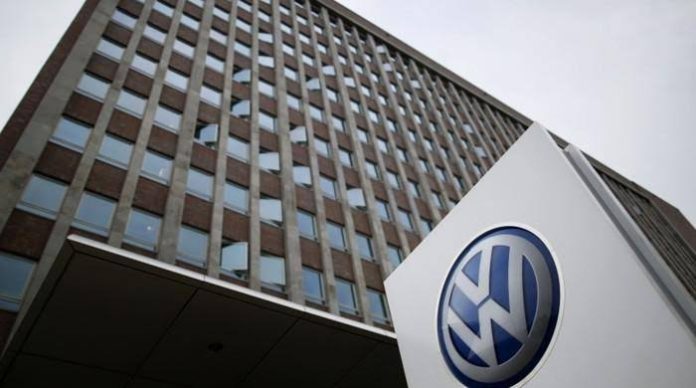Volkswagen’s plans to establish a manufacturing plant in Pakistan faced a significant setback, with the government imposing an import curb about 18 months ago. This restriction prevented the German automaker from bringing in the necessary machinery, effectively stalling the project. Dr. Ruediger Lotz, the German Consul General in Karachi, highlighted this issue during a meeting at the Karachi Chamber of Commerce and Industry.
Even if Volkswagen were allowed to import the required machinery now, Dr. Lotz estimated that it would take at least one and a half more years to commence production. The uncertainty about whether Volkswagen will continue with the project reflects the economic challenges facing Pakistan. Dr. Lotz emphasized that the delay is a negative consequence of Pakistan’s economic problems.
The Consul General is in regular contact with the person responsible for international affairs at Volkswagen, but the automaker is yet to decide on the future course of action for the project. The situation underscores the impact of economic difficulties, with the Consul General expressing concern about the potential discontinuation of the project.
Premier Motors Limited in Pakistan had signed a legal agreement with Volkswagen in 2018 for the manufacturing of commercial vehicles. The agreement involved the licensing contract of a completely knocked down (CKD) assembly in Karachi. However, the government’s import curb in 2022, triggered by a current account deficit and currency devaluation, hindered the project.
Dr. Lotz suggested that Pakistan should diversify its trade beyond textiles, which currently constitute 85% of its exports to Germany. While praising the quality and professionalism of Pakistan’s textile sector, he highlighted the need to explore other trade opportunities to enhance the existing trade volume between the two nations. Overall, the challenges faced by Volkswagen in establishing its manufacturing plant in Pakistan reflect the broader economic dynamics influencing international business ventures.


